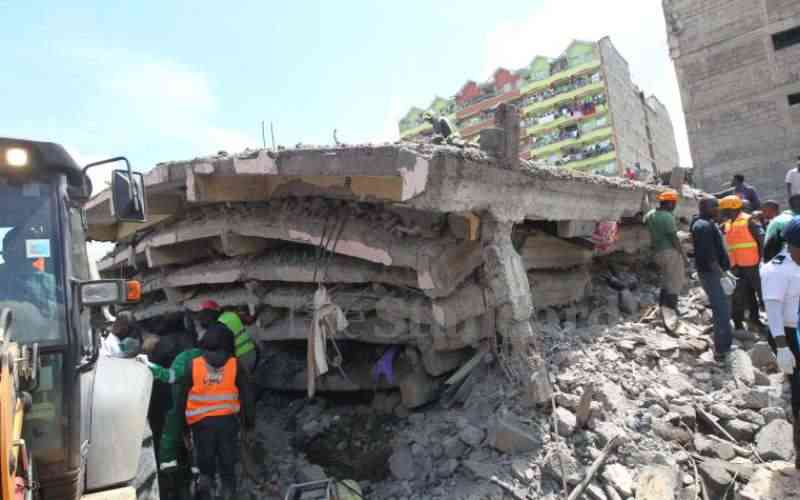
Every day, disasters happen around the world. A disaster is an event whose timing is unexpected and whose consequences are seriously destructive. They can happen suddenly, such as the 2004 Boxing Day tsunami in the Indian Ocean, or can span over years, as the Covid-19 pandemic has shown us. Disasters can be natural or man-made.
They impact us at multiple levels – personally, as communities, nationally, and may even have regional or global implications. Given the devastating consequences of disasters, why is it that we continue to be unprepared when they hit? Perhaps there is need to re-emphasise some issues which are taken for granted and yet are critical to mitigate the consequences of disasters.